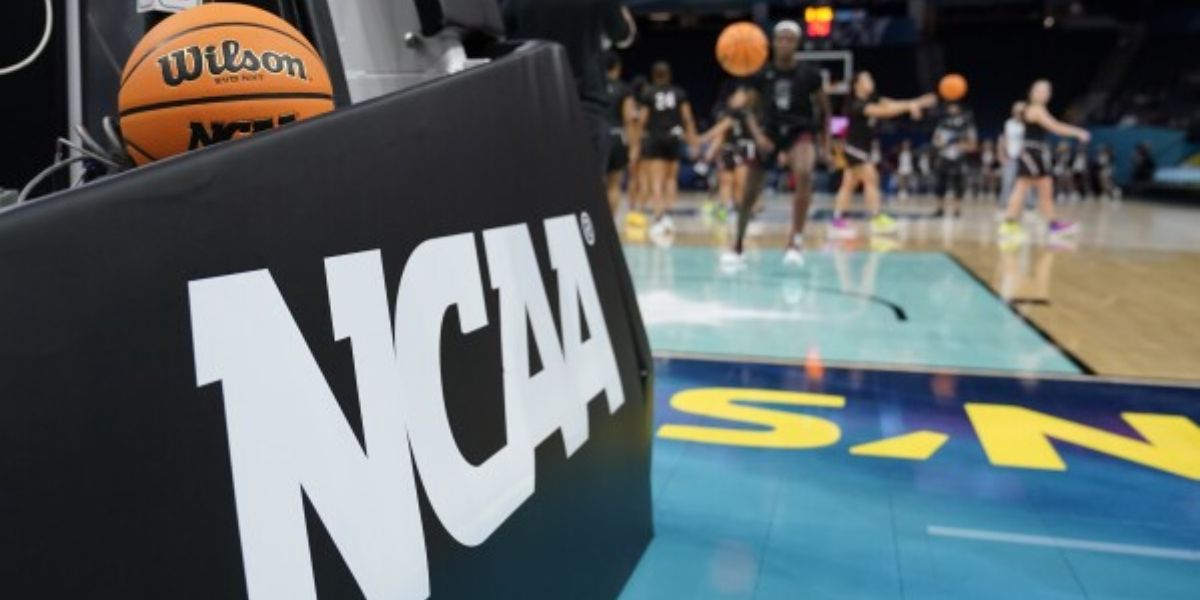NCAA Revamps Transfer Rules: Immediate Play for Athletes Meeting Academic Standards
NCAA athletes are now eligible to play immediately, regardless of how many times they transfer, as long as they match academic requirements, after the organization expedited legislation to comply with a recent court decision.
The Division I Board of Directors formally approved the transfer rule adjustment on Monday, as well as a tweak that permits schools to identify name, image, and likeness opportunities and facilitate partnerships between athletes and third-party entities. Athletes are not required to accept aid from the institution and must maintain control over the conditions of their NIL agreements. Beginning August 1, member schools will only be able to enhance NIL-related support for athletes who declare their NIL arrangements.
Transfer windows, which are sport-specific, remain in force, and undergraduate athletes must input their names into the portal at certain dates to be immediately eligible at a new school. Graduate students can already transfer many times and access the portal from outside the windows while keeping instant eligibility.
A coalition of state attorneys general sued the NCAA late last year, challenging rules that required athletes who wanted to transfer numerous times as undergraduates to sit out a season at their new institution.
A West Virginia judge granted the plaintiffs a temporary injunction, eliminating the NCAA’s restriction that multiple-time transfers get a waiver to compete immediately.
To avoid confusion for athletes and institutions, the NCAA swiftly requested that the injunction be extended for the remainder of the academic year. The association has had to give instructions to its members to explain what this means for the upcoming season. The rules are now in line with the court order.
By eliminating the so-called year-in-residence requirement for transfers, an athlete must be academically eligible at their prior school and not be subject to any disciplinary suspension or dismissal to compete immediately at their new institution. Transferring athletes must also complete progress-to-degree standards before competing.
The board will ask the academics committee to look into developing a new criteria, comparable to the NCAA’s Academic Progress Rating, which would hold schools accountable for graduating the transfers they accept.











